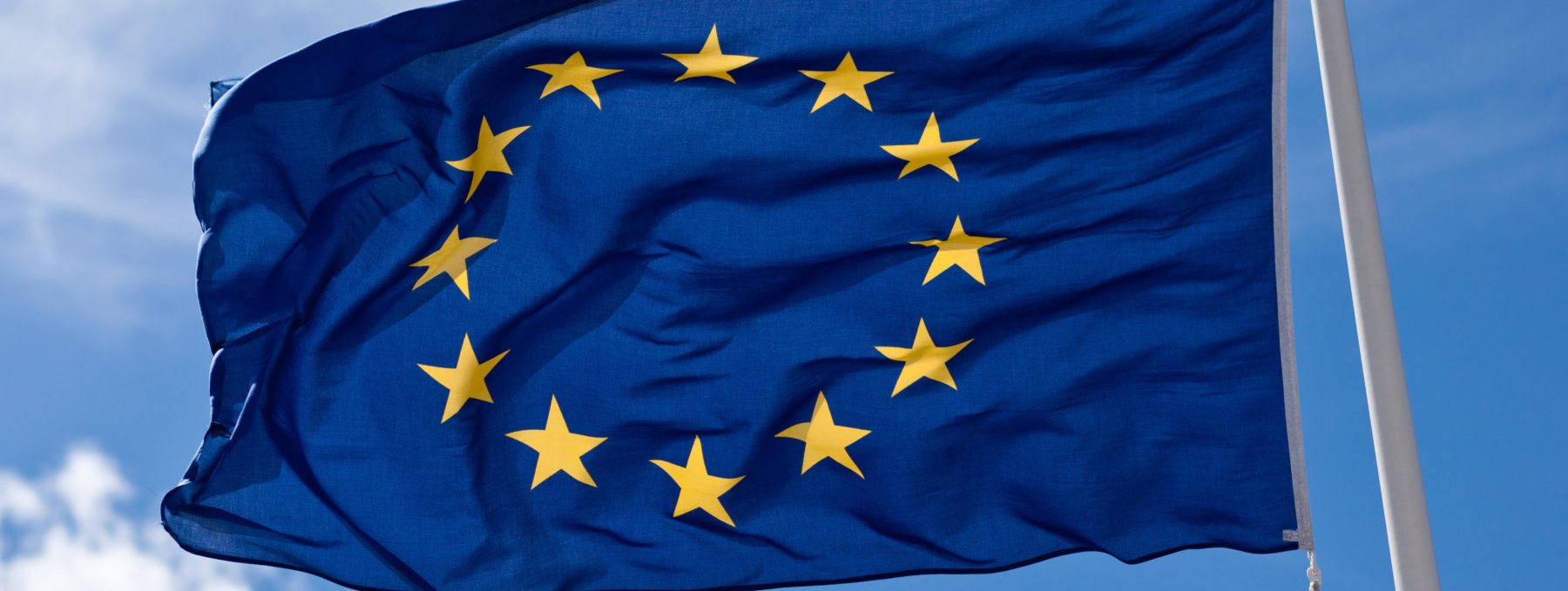UCAS confirms 10% rise in EU applicants to Warwick
New figures released by UCAS indicated a rise of 10.11% in the number of students applying to the University of Warwick, despite the uncertainties of Brexit.
In the aftermath of the EU referendum there was overall a sharp decline in applications from EU students to British universities. UCAS data from 2017 demonstrated a 5% fall in applications to British universities by EU students, and many expected this trend to continue.
However, new UCAS figures released this month show a rise in EU students applying to British universities for undergraduate degrees. Some 43,500 EU students, a 3% rise from earlier in 2017, applied for undergraduate study at British universities for this academic year, the second-highest number recorder.
Many university admission officers have speculated this may be a last-minute rush from European students to study in British universities before Britain eventually leaves the EU. The government’s guarantee to defend EU students is seen by many as a major push factor among applications.
Professor Seán Hand, University of Warwick’s deputy pro-vice-chancellor for Europe, confirmed that applications from EU students had risen by 10%. He told the Guardian: “Paradoxically, Brexit has focused people’s attention on the strength of British universities.”
He went on to say: “European students appreciate that universities such as Warwick, with strong international connections in research and teaching, would be a place for the best kind of education.”
Paradoxically, Brexit has focused people’s attention on the strength of British universities
– Professor Seán Hand
Warwick is currently in talks to create more direct close ties with a multitude of European universities, which may mean this local trend is likely to continue. This comes after Scotland pledged to stay tuition free for EU students after Brexit, in a move supported by all parties in Holyrood, as well as Scotland’s university administration body.
Scottish higher education minister Shirley-Anne Somerville announced the policy, saying: “We do so to send a strong message to current and prospective students – you are welcome here.”
This rise in EU applications also coincided with a rise in applications from foreign students. There were increases in students applying from China and India, the latter being particularly noteworthy given that applications from India had been in decline for several years.
A particularly large increase came from Mexico, with a 52% rise in Mexican students applying to British universities, with one admissions officer attributing this to the fact that Donald Trump’s presidency made America a much less appealing education prospect for these international students.
Now, for the first time, the total number of EU and international applications combined broke the 100,000 mark.

Comments